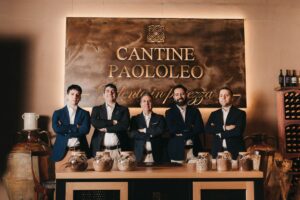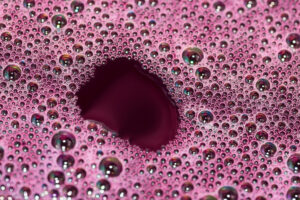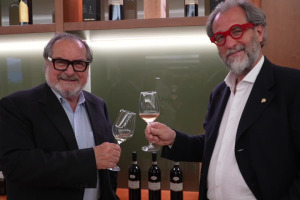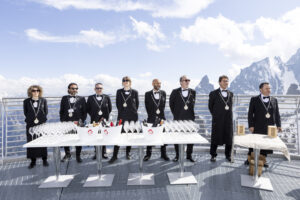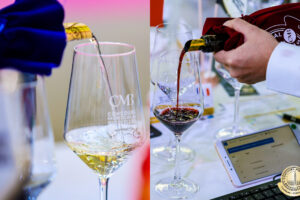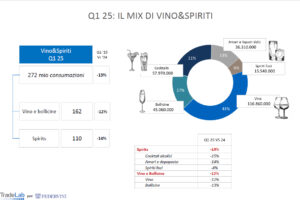Wine, as a product of the land and culture, has strong origins and roots. Which sink into the Mediterranean basin as we know it today, where it landed, from Mesopotamia and crossing Anatolia, more than three thousand years ago. Let us not exaggerate in saying that it is one of the cornerstones of the Mediterranean civilization, from France to Greece, from Spain to Italy. A distinctive trait that today has arrived in every corner of the world, on the routes of migration and the push of globalization of production and consumption, a push that has not yet exhausted its energy. Becoming a cultural fact within everyone’s reach. On the contrary, over the years the knowledge of the wine world, of its many facets, of its dozens if not hundreds of territories and of the thousands of labels that, once in a lifetime, are worth drinking, has become global, constantly moving from historically producing countries to the New World of wine, from the United States to China.
Many are the studies that tell how the interest and the deepening of the subject are now the prerogative mainly of countries such as England and the United States, and it is no coincidence that the largest producer of wine culture, on a global level, is an institution like Wset, born in the UK and now present everywhere, even in Italy.
Where the culture of wine is often limited to the territory of origin of everyone, just like in France, an aspect that eliminates that prejudice - completely positive - according to which Italians and French are the most prepared in the matter. This is not the case, or in any case not in an absolute sense and, above all, it is not necessarily true that consumption is higher where wine is a pillar of the national economy. Staying in Europe, people drink more in Portugal, where certainly wine bars and wine shops do not crowd, than in Italy.
And this is true, as emerges from another analysis of Wine Intelligence, “Wine Knowledge And Culture: Are They Related?” also for the New World. In Canada, for example, the French community is particularly present in Quebec, a French-speaking region in language and culture: in a country that produces very little wine, it is easy to think that knowledge and consumption are concentrated here. On the contrary, Quebec is the Region of Canada, in absolute, where the knowledge of wine is at the lowest levels, behind even Manitoba and Alberta, with Ontario by far the first place. The reason why is perceivable: it is the province of Toronto, a multi-ethnic metropolis, a bit like New York in the United States, where most of the wine culture passes.
A roughly specular dynamic can also be seen in Brazil, a country where Italian immigration was important in the last century, especially in the state of Rio Grande do Sul. Where, over the decades, viticulture has found more and more space, becoming the reference wine region of the country, with historical and well-known brands such as Miolo, Salton, Aurora and Valduga. In short, all the ingredients to make the Rio Grande do Sul the reference point of wine culture in Brazil. But that’s not the case: in front of it is the State of São Paulo, which plays the same role as Toronto in Canada, a sort of hub of consumption and crossroads of the encounter between cultures.
Copyright © 2000/2025
Contatti: info@winenews.it
Seguici anche su Twitter: @WineNewsIt
Seguici anche su Facebook: @winenewsit
Questo articolo è tratto dall'archivio di WineNews - Tutti i diritti riservati - Copyright © 2000/2025











